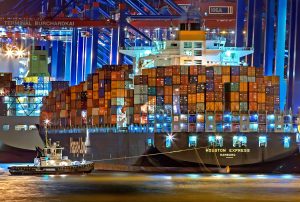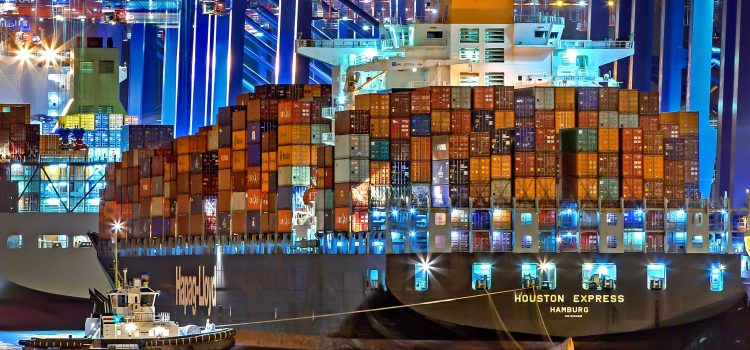
China’s Preferred Trade Status has long been a topic of discussion and debate in international trade circles. Recently, there have been increasing calls in the United States to reevaluate and possibly revoke this status. This article delves into the reasons behind these calls and the potential consequences for the global economic landscape.
Understanding China’s Preferred Trade Status
China’s Preferred Trade Status refers to its designation as a beneficiary of certain trade privileges and benefits granted by the United States and other countries. These benefits encompass reduced tariffs, easier market access, and enhanced trade relations. The status was initially established with the intention of fostering economic cooperation and encouraging China’s integration into the global economy.

Concerns Driving the Revocation Calls
A series of concerns has fueled the calls to revoke China’s Preferred Trade Status. One of the primary concerns revolves around China’s human rights record, particularly regarding issues like the treatment of Uighur Muslims and political freedoms in Hong Kong. Critics argue that extending trade benefits to a country with such violations contradicts ethical trading practices.
Moreover, the ongoing trade practices between the US and China have raised concerns about intellectual property theft, unfair subsidies to state-owned enterprises, and currency manipulation. These practices allegedly create an uneven playing field for American businesses, prompting proponents of the revocation to demand a more balanced trade relationship.
Economic Implications and Global Trade Shifts
The potential revocation of China’s Preferred Trade Status would undoubtedly have profound economic implications. China is a pivotal player in global supply chains, and any disruption to its trade relations could ripple across industries worldwide. The increased tariffs resulting from a revoked status could lead to higher prices for consumers and supply chain bottlenecks.
This move could also trigger a reconfiguration of global trade dynamics. Other countries might follow suit and reassess their trade agreements with China, leading to a recalibration of supply chain routes and trade partnerships. This shift could open up opportunities for other emerging economies to step into China’s role as a manufacturing hub.
Navigating the Path Forward: Diplomacy and Trade Relations
As the debate around China’s Preferred Trade Status continues, finding a balanced and diplomatic solution becomes paramount. Complete revocation could escalate tensions and lead to a trade war, which would be detrimental to both nations and the global economy. Instead, exploring avenues for constructive dialogue and negotiation is crucial.
In conclusion, the calls to revoke China’s Preferred Trade Status stem from concerns over human rights, unfair trade practices, and economic imbalances. The decision, if taken, will undoubtedly reshape global trade dynamics and necessitate careful navigation by policymakers. As the world watches this development unfold, striking a balance between economic interests and ethical considerations remains a complex challenge.
In this era of interconnected economies, decisions regarding trade statuses resonate far beyond the boundaries of individual nations. The global community must strive for a collaborative approach that ensures both economic prosperity and adherence to universally accepted values.










